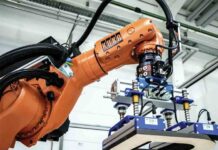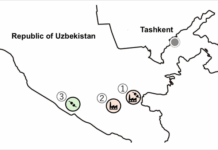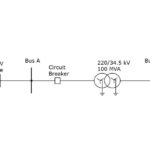
The Bureau of Energy Efficiency (BEE), Ministry of Power, Government of India, and The Energy and Resources Institute (TERI) have signed a landmark Memorandum of Understanding (MoU) to jointly establish a Centre of Excellence for Energy Transition (CoEET). The CoEET will be housed at TERI’s Institute of Energy Transition (IoET) at its campus in Hyderabad.
The MoU signing ceremony took place at Hyderabad, in the presence of Manohar Lal, Union Minister of Power and Housing & Urban Affairs, and A. Revanth Reddy, Chief Minister of Telangana. Senior officials from the Ministry of Power, BEE, TERI, and the Government of Telangana were also present there.
On the occasion, Lal, said, “The Centre of Excellence for Energy Transition is a bold and transformative initiative that underscores India’s commitment to achieving sustainable development goals. By fostering cutting-edge research, collaboration, and innovation, the centre will act as a catalyst for clean energy adoption, enabling us to lead the global transition to a low-carbon economy. This partnership between BEE and TERI sets a benchmark for future collaborations in the energy sector.”
This collaboration is a significant step toward advancing India’s energy transition efforts and fostering sustainable development. The Centre of Excellence for Energy Transition is envisioned as a world-class knowledge hub designed to promote research, innovation, and capacity-building in energy transition technologies and policies. With its foundation rooted in collaboration among corporates, industries, and academia, the centre will facilitate groundbreaking advancements in technology development, assessment, and adoption. By fostering partnerships with national and international organizations, the centre aims to enhance India’s capabilities in addressing energy transition challenges and developing solutions that align with global sustainability goals.
The CoEET will conduct comprehensive research and studies across various sectors to reduce greenhouse gas emissions, improve energy efficiency, and promote the adoption of low-carbon technologies. Its scope will include exploring innovative solutions for emission reductions in industries, MSMEs, buildings, transport, power, and mining sectors.



















